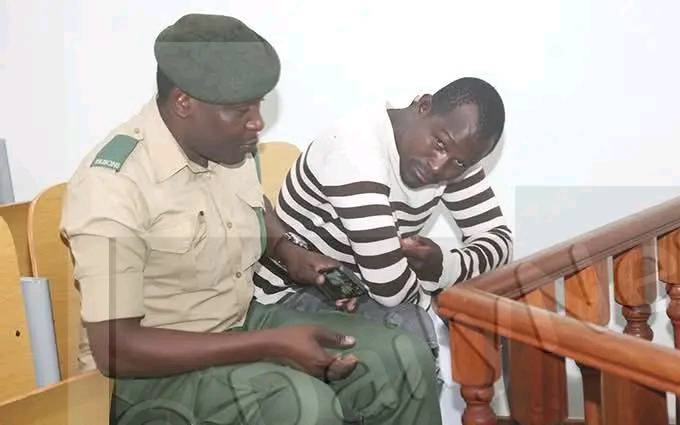BPS Resolute in fight against corruption
07 Sep 2017
The Botswana Police Service (BPS) has adopted a zero tolerance towards corruption, Police Commissioner, Mr Keabetswe Makgophe has revealed.
In an interview with BOPA, Mr Makgophe said that as the country’s overarching law enforcement agency, they are concerned with creating a safe and secure environment for ordinary citizens to enjoy, and fight against corrupt practices mounting within and outside their ranks.
“While the Directorate on Corruption and Economic Crime (DCEC) exists as a unit that focuses on corruption, as the country’s main law enforcement agency we deal with all forms of criminal activity, including corruption. We work with the DCEC and other organs to apprehend those engaged in corrupt practices within society,” Mr Makgophe said.
He added that as a disciplined force corruption is one crime they do not tolerate within their ranks.
“Within our structure we have measures to fight indiscipline within our ranks, and remedial action for those police officers who may have stepped out line. But when it comes to corruption, there we do not tolerate such it within our ranks and any officer who is duly found to have engaged in corruption is summarily dismissed,” Mr Makgophe said.
He denied allegations that the police mount roadblocks and speed traps with the intention of raising funds from members of the public, or that corruption is institutionalized within the BPS.
“Statistics have shown us that road accidents take a heavy toll on people’s lives mainly due to speeding and drunken driving. That is why we mount roadblocks and speed traps- to control untoward behavior on the road. I cannot deny that there are individuals within the police who take bribes. But we urge members of the public to report incidents where officers solicit bribes from the public and we will take stern action, as we always do,” Mr Makgophe said.
He also urged members of the public to desist from offering bribes to officers, saying that paying a heavy fine is morally better than paying a lesser fee as a bribe.
“If you are charged, say P1000, and you pay a P200 bribe, you would be creating a corrupt culture within a law enforcement agency, placing yourself at the risk of arrest and the officer on the risk of dismissal. It is much better to pay the fine and from then on follow the rules of the road, which assists you to protect you life and those of road users,” Mr Makgophe said.
He said they have the Internal Affairs Branch, a unit which investigates issues of corruption within the police, which has led to stern action such as apprehension and dismissals of offenders. They also look at ways of mitigating corrupt practices within the police, which sometimes includes investigating officers colluding with offenders to get rid of dockets.
But Mr Makgophe insisted that there is evidence that corrupt practices within the BPS are not as institutionalized as other police services in the region.
“But we are mindful of the fact that there are many areas where we need to improve, which is why we have the Internal Affairs Branch working on closing down potential loopholes,” he said.
These initiatives are part of the government priority areas (presidential pledge card) which includes the bold commitment to fight corruption in all its manifestations. ENDS
Source : BOPA
Author : Pako Lebanna
Location : GABORONE
Event : Interview
Date : 07 Sep 2017





